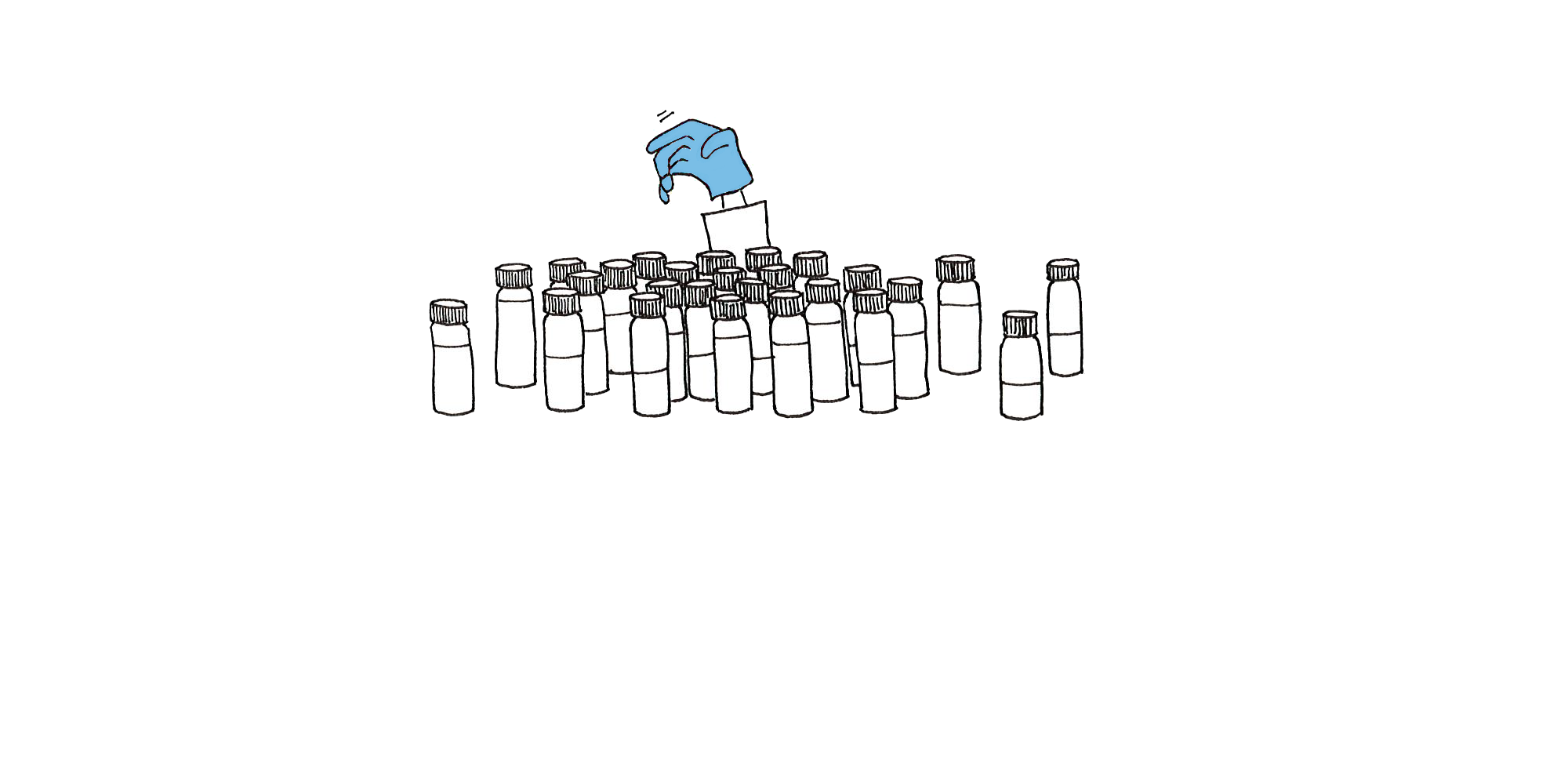When you are a foreigner exploring a new culture, there is no shortage of stuff to wonder about. Something will keep coming your way throughout your stay.
And so it has been many times when I (and my fellow foreigners) have wondered about Finland being the happiest country in the world, time and again.
This journey of discovery is to each their own. You can search it on the internet and easily find articles analyzing what the reasons are for it. But when you are living in Finland, that is just not enough, is it? You will notice your surroundings, think about this, discuss it with others, and try to find out why in the world is it so (because those articles on the internet, what do they know about it).
And in my personal journey-of-discovery, I think I may have come upon at least one profound, contributing factor.
Finland is basically a happy country. By default. In other parts of the world, people become happy if something happens, but in Finland, you can be happy if something doesn’t happen. Like slipping and falling on ice. This has to be one of the biggest factors. Like you went to work, walked the full some-150-meters distance of it, didn’t slip and fall down, and now you can be happy about it. In fact, now you can be happy about it everyday (seeing as the ice doesn’t seem to be going anywhere any time soon).
Tasks as mundane as getting groceries suddenly become feats of accomplishment (because, you guessed it, you didn’t slip and fall during the entire time you were out). And of course, this also gives rise to a sense of camaraderie with your fellow pedestrians, especially if you see someone slip a little and stumble. Then you can root for them to please-not-fall (and be happy for them when they have regained their balance).
Looking at it statistically, it is far more likely that you will have more days when you wouldn’t slip and fall compared to the few days when you, inevitably, will do. So more happy days. At least in this time of the year.
And if you can be happy in this slushy, icy time of the year, that should probably count.
